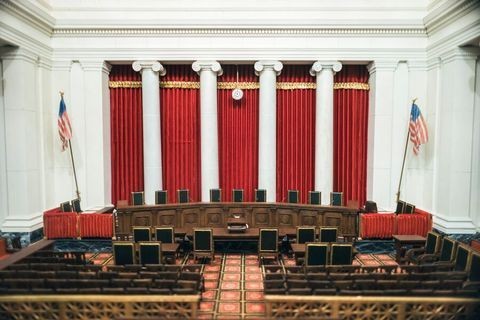Cosmetics Direct Gets Two Portal “Fillers” – Discontinuation and Relisting Features Added
Client Alert | 1 min read | 08.06.24
On July 29, 2024, FDA announced that it added two new features to Cosmetics Direct, the electronic submission portal used for the facility registration and product listing requirements now in effect under the Modernization of Cosmetics Regulation Act of 2022 (MoCRA). The portal now allows responsible persons to “discontinue” and “relist” cosmetic products.
Here’s how it works: rather than deleting a cosmetic product that is no longer on the market, the responsible person (i.e., the manufacturer, packer or distributor whose name appears on the product’s label) can now select “discontinue.” The practical effect of selecting “discontinue” is that the product’s information will remain in the Structure Product Labeling file on Cosmetics Direct, rather than being permanently deleted. The corresponding “relisting” feature enables the responsible person to relist any discontinued cosmetics that are being put back on to the market. Together, these new features provide a more efficient experience for the responsible person, who would otherwise have to start over and list a new product if and when a discontinued cosmetic is being put back on the market—e.g., after a temporary decision to stop sales.
To view more details about these new features, as well as instructions on how to use the Cosmetics Direct portal, FDA published an updated User’s Guide.
These changes come approximately one month after FDA began enforcing MoCRA’s product listing and facility registration requirements on July 1, 2024, and show FDA is taking steps to make compliance with MoCRA more user friendly. Responsible persons should review and monitor FDA’s Cosmetics Direct webpage to keep abreast of the latest resources for registration and listing of cosmetic products. We will continue to monitor and report on the latest developments as well.
Contacts
Insights
Client Alert | 6 min read | 02.27.26
The U.S. Supreme Court’s February 20, 2026, opinion in Learning Resources. v. Trump (decided with Trump v. V.O.S. Selections), holding that the President lacks authority to impose tariffs under the International Emergency Economic Powers Act (IEEPA), is notable for many reasons — including its practical impact on the many U.S. companies who paid steep tariffs on global imports and may now be able to recover by filing suit before the Court of International Trade (CIT). That possibility and the key reasons for the High Court’s decision are discussed in our recent alert on this momentous decision.
Client Alert | 4 min read | 02.27.26
New Jersey Expands FLA Protections Effective July 2026: What Employers Need to Know
Client Alert | 3 min read | 02.26.26
Client Alert | 4 min read | 02.26.26




